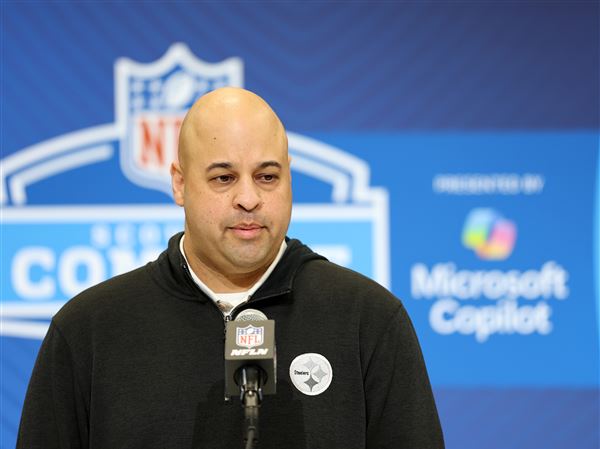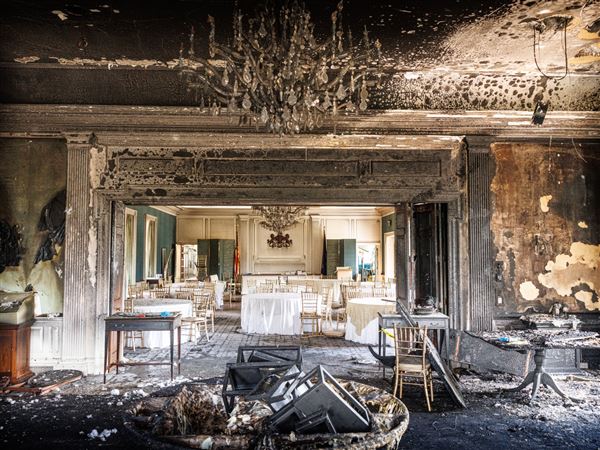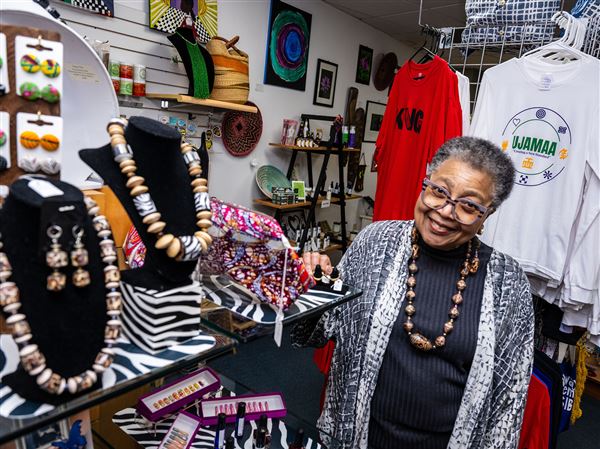Simon and Gita Taitz built a new life for themselves in New York City after meeting at a dance for Holocaust survivors where they waltzed and twirled.
Decades passed before their daughter, Sonia, decided to write about her family's experiences because hers was a childhood where she learned to use the Hula Hoop while hearing stories about the Holocaust. She had good reasons for waiting to write and publish "The Watchmaker's Daughter" until both of her parents had died.
"When someone dies, you see a beginning, a middle and end to their life, particularly if they are your own parents. I couldn't see them that objectively until they were gone," the author said in a telephone interview.
Ms. Taitz is among 40 women writers who will gather from 1 to 6 p.m. Saturday at The Galleria in Mt. Lebanon to discuss aspects of writing and publishing at the Women Read/Women Write conference. Her memoir, "The Watchmaker's Daughter," published this year by McWitty Press, shows how the daughter of immigrants often translated American language and customs to her European parents. Even as a youngster watching "Romper Room" and "Captain Kangaroo," Ms. Taitz saw life through two lenses, the traditions of the old world and the saucy new world of the Beatles and Tigress perfume.
Ms. Taitz's mother had studied to be a concert pianist in Lithuania and loved Chopin's music.
"Just before she graduated, the Nazis invaded Lithuania, and she was expelled from the academy," Ms. Taitz said.
Her father's ability to fix watches and clocks kept him alive in the Dachau concentration camp because Nazi officers wanted their time pieces to be accurate.
A playwright, author and essayist, Ms. Taitz wrestled with the idea of writing the book but went ahead because her mother had asked her to do it.
"She brought me a story that was handwritten in her English on lined papers that she had torn out of a notebook on the day of liberation," the author recalled.
On liberation day, Gita Taitz and her mother hid from Nazis who were going through barracks to kill women by injecting them with air or gasoline so they couldn't testify against them at war tribunals.
"My mother and her mother heard this happening. They stole out and hid among women who were already injected and dying," the author said.
In her recollection of that fateful day, Gita Taitz wrote, "And I realized, I am a life," her way of saying alive.
"It was so touching to me," the author said.
Her parents also clung to their Jewish faith and tradition of keeping the Sabbath.
"A lot of the survivors gave up the religion. My parents became more and more attached to it," she said.
Ms. Taitz, who earned a law degree at Yale, hated practicing law and wound up at Oxford, where she earned a degree in English literature. Initially, her prospective in-laws were not happy about their son marrying a Jewish woman.
Over time, Ms. Taitz said, her parents accepted her English husband, Paul, and his family grew quite close to hers.
"That was an amazing healing for my parents. I went back to Europe and I got some kind of good thing out of it."
Ms. Taitz does not consider "The Watchmaker's Daughter" a Holocaust memoir. Instead, she thinks it's about "how you really take care of your parents, not just physically and emotionally, seeing them not just as your parents but as people and heroes of their own lives."
For information on the Women Read/Women Write conference: www.womenreadwomenwrite.com.
First Published: October 26, 2012, 8:00 a.m.















